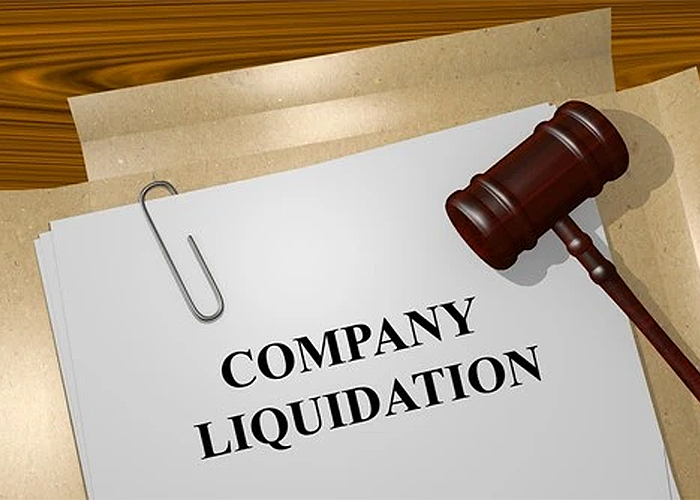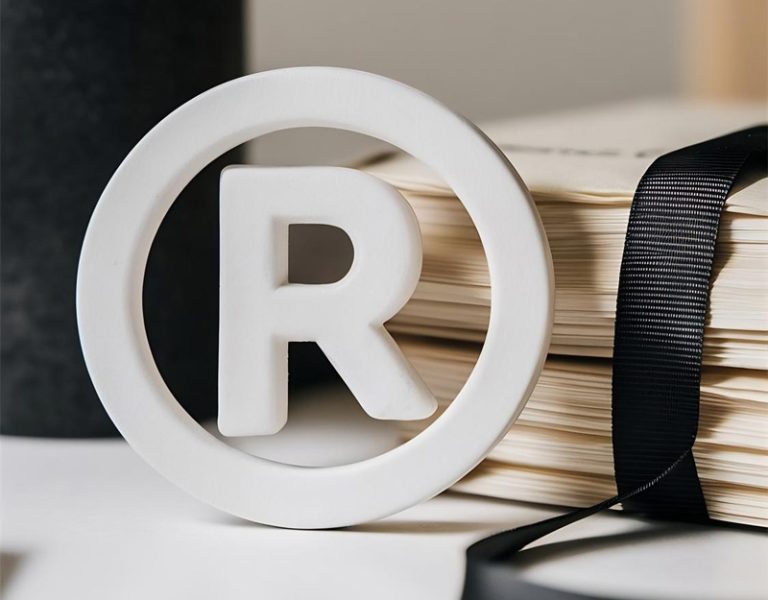In every business venture, the story begins with a dream, an ambitious idea, and a desire for growth and success. However, the reality of the market doesn’t always align with initial plans, and some companies may find themselves facing an unavoidable choice: liquidation of companies. Liquidation does not always signify failure; it may be a smart legal exit that preserves rights and concludes obligations in an orderly and clear manner.
In Saudi Arabia, where commercial systems are intertwined with the requirements of regulatory authorities, the liquidation of companies has become a process that requires high precision and thorough knowledge of the laws. This makes understanding the legal implications and practical requirements of company liquidation all the more essential. In this article, we will walk you through the concept of the liquidation of companies, its requirements, stages, and some important details regarding the winding up of a company, especially the Ltd company liquidation process. Additionally, we will discuss the role of a trusted entity in this area: Sada Law Firm and Legal Consultancy.
winding up a company Liquidation of Companies :
Companies go through multiple phases in their lifecycle, starting with establishment and operation and potentially ending with the liquidation of companies. The liquidation of companies is a legal and financial process aimed at terminating the existence of a company in an organized manner. This is achieved by settling its obligations and distributing its assets to shareholders or partners after clearing debts.
The liquidation of companies does not necessarily indicate failure; it can be a strategic decision for various reasons, such as the completion of the company’s original purpose, its merger with another entity, or adverse market conditions or accumulated losses. The liquidation of companies is subject to a set of regulations and procedures that protect the rights of all involved parties.
The liquidation of companies is classified into two main types:
- Voluntary Liquidation: Initiated by the company’s shareholders or partners, often when the company can meet its obligations.
- Judicial Liquidation: Ordered by the court in cases of bankruptcy or unresolved disputes.
Conditions for Liquidation of Companies
The process of liquidation of companies in Saudi Arabia is governed by several conditions, which vary depending on the company type and whether the liquidation is voluntary or judicial. Some of the key general conditions for liquidation of companies include :
- Decision by the Competent Authority: This decision may come from the partners in a limited liability company or from the general assembly in joint-stock companies.
- Appointment of a Liquidator: A legal professional is appointed to oversee the liquidation of companies’ process, document it, and prepare reports.
- Announcement of Liquidation: The liquidation of companies must be announced in local newspapers or the official gazette, notifying creditors of their rights within a specified time frame.
- Inventory and Valuation of Assets: This step is necessary to determine the value of the company’s distributable assets.
- Settlement of Liabilities: All outstanding debts and obligations must be settled before distributing remaining assets to partners.
- Preparation of Final Report: The final liquidation of companies’ report, which includes details of the process and outcomes, must be approved by the relevant authorities.
These conditions may vary slightly depending on the case and the applicable regulations, so it is crucial to consult with a specialized legal advisor to ensure full compliance.
Steps for Liquidation of Companies
The process of the liquidation of companies involves several legal and administrative steps that must be followed carefully to ensure a lawful conclusion to the company’s operations. Here are the primary steps:
- Decision to Liquidate: The process begins with an official decision by authorized individuals within the company, such as the board of directors or the partners, based on the company’s bylaws.
- Appointment of the Liquidator: A neutral and qualified liquidator is appointed to manage the liquidation of companies according to the applicable laws and regulations.
- Notification of Official Authorities: The Ministry of Commerce, Zakat, Tax and Customs Authority, and other relevant licensing bodies must be informed about the initiation of the liquidation of companies.
- Public Announcement of Liquidation: A public notice is published in the official gazette and on the Ministry of Commerce’s website, providing creditors with a period to file claims.
- Inventory and Valuation of Assets: The liquidator inventories and values all of the company’s assets through accredited parties to determine their market value.
- Settlement of Debts: Company funds are used to settle outstanding debts and obligations according to legal priority.
- Distribution of Remaining Assets: After settling all debts, the remaining company assets or funds are distributed among the partners based on their ownership shares.
- Closure of Records and Dissolution: A final report is submitted to the relevant authorities, business records are removed, and the company’s legal entity is formally dissolved.
Ltd Company Liquidation
Limited liability companies (LLCs) are among the most common types of businesses in Saudi Arabia and have their specific procedures for the liquidation of companies. Some of the key points related to the Ltd company liquidation include:
- Collective Decision: A decision to liquidate must be made by the partners holding at least 75% of the capital.
- The Liquidator May Be a Partner: A partner may be appointed as the liquidator, provided there are no legal barriers or conflicts of interest.
- Limited Liability: Partners’ liability is limited to their share in the capital unless there is evidence of collusion or misuse of the legal structure.
- Official Announcement: The liquidation of companies must be announced, specifying the period in which creditors can claim their rights.
- Settling with Creditors: Debts and obligations are settled first, followed by distribution of the remaining assets among the partners.
Ltd company liquidation often requires close monitoring by legal and financial specialists to avoid future liabilities or legal gaps that could harm the partners.
The Role of Sada Law Firm and Legal Consultancy
Given the complexity of legal and regulatory procedures surrounding the liquidation of companies, the need for a professional legal entity with expertise and knowledge to ensure smooth and lawful liquidation is critical. This is where Sada Law Firm and Legal Consultancy plays a crucial role.
Sada Law is distinguished by its deep expertise in handling various types of liquidation of companies, whether voluntary or judicial. They offer a wide range of specialized legal services, including:
- Providing legal advice on the best options for the liquidation of companies.
- Preparing and officially documenting the liquidation of companies’ decisions.
- Representing companies before governmental entities throughout the liquidation of companies’ process.
- Appointing accredited liquidators or supervising their performance.
- Assisting with asset inventory and valuation.
- Preparing financial and final reports.
- Overseeing the deletion of records and formal closure of the legal entity.
The liquidation of companies does not always equate to failure; in many cases, it is a thoughtful and strategic step taken by decision-makers to protect their interests and conclude their obligations in a lawful manner that safeguards rights and prevents complications. Every project has a lifecycle that begins with an idea and grows with ambition, but circumstances may change, and there comes a time when ending the business legally and is the best course of action.
However, reaching a clean conclusion is not done haphazardly. The legal procedures involved in the liquidation of companies are intricate and require precise expertise in handling regulations, ensuring each step is taken systematically to safeguard the rights of partners and creditors and prevent future repercussions.
This is where the pivotal role of Sada Law Firm and Legal Consultancy comes in. Not only do they provide counsel, but they also manage the entire liquidation of companies’ process, from the initial evaluation to the official closure and documentation of the process. Sada’s team combines profound legal knowledge with practical experience, making them the ideal choice for those seeking to close their company with minimal hassle and maximum professionalism.
If you are considering the liquidation of companies, make the process easier and more stable by choosing a legal entity that knows the path well and provides clarity and confidence at every stage. Sada Law doesn’t just close doors; it opens new horizons, starting with a clean and secure ending.






